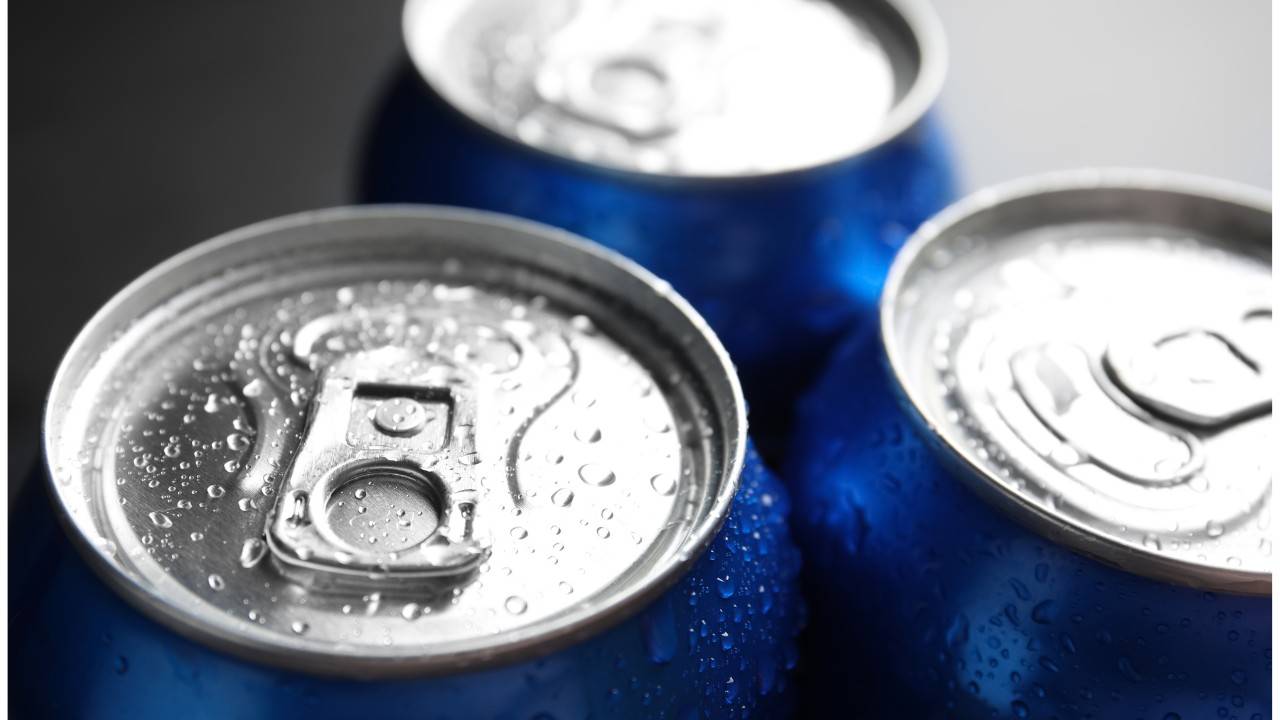Beverage and food companies face several big challenges when committing to net-zero emissions.
One, they usually have a huge global presence.
Two, they are procuring and shipping a lot of materials that either have an enormous impact, like plastic, or they are heavy to haul around, like glass.
Three, the products they ship are mostly water by weight.
Nonetheless, PepsiCo is the latest global beverage company to commit to ambitious net-zero goals.
According to Triple Pundit, PepsiCo will approach its net-zero plan from several angles — reinventing its agriculture supply chain, reducing consumption of virgin plastic, changing its product design philosophy, and shifting most of its global operations to renewables.
“PepsiCo’s announcement follows that of Coca-Coca European Partners (CCEP), the $14 billion company that bottles and sells Coke-branded products across Western Europe. CCEP has a similar goal to slash emissions by 2030 and be net zero by 2040 — and it says it will spend about $300 million in undertaking this effort over the next few years.”
The ultimate goal for PepsiCo is to reduce its absolute greenhouse emissions by 40 percent by 2030.
Suntory is another beverage company that has decided to follow PepsiCo’s example, while Nestlé’s net-zero plan includes focusing on sustainable agriculture, forests, and renewables.


